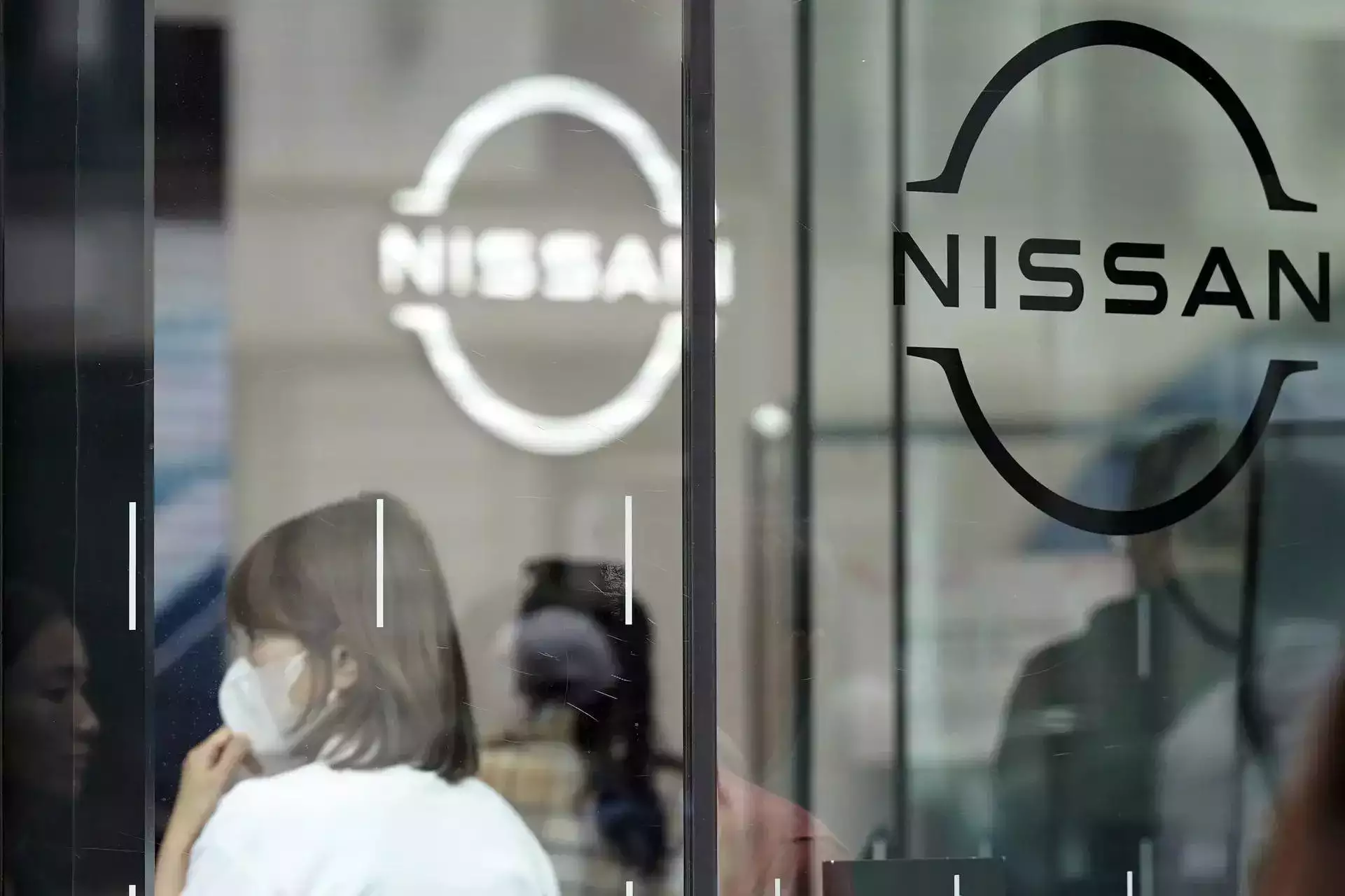 Nissan’s woes can largely be attributed to its struggle to adapt to the rapidly changing automotive landscape.
Nissan’s woes can largely be attributed to its struggle to adapt to the rapidly changing automotive landscape. Nissan is grappling with a severe financial crisis that could lead to bankruptcy within the next 12 to 14 months unless decisive action is taken. The company, once a leader in the automotive industry, is now in its worst position since Carlos Ghosn's dramatic efforts in 1999 to pull it from the brink of collapse.
With profits plunging by 70% and a recent USD 60 million loss, Nissan is scrambling to find a solution to its mounting troubles, reported Forbes.
In an attempt to salvage its future, Nissan has outlined a major restructuring plan, targeting USD 3 billion in savings.
This includes slashing 9,000 jobs globally and selling a significant portion of its stake in Mitsubishi Motors. The company is also cutting production by 20% at key US facilities in Canton, Mississippi, and Smyrna, Tennessee, which together employ over 13,000 workers.
In a rare move, CEO Makoto Uchida has taken a 50% pay cut to signal the urgency of the situation.
Nissan’s woes can largely be attributed to its struggle to adapt to the rapidly changing automotive landscape.
The company’s electric vehicle lineup is minimal, with only two models available internationally, while cheaper Chinese EV alternatives are flooding the market. Despite these challenges, there are bright spots.
In the US, the locally-built Rogue SUV remains a top performer, having sold over 189,000 units through September 2024. Similarly, the Qashqai continues to dominate in Europe.
However, these successes are not enough to counteract the broader decline, as per Forbes.
Is a Honda merger the answer?Nissan is now searching for a lifeline, and a potential merger with Honda could be the key to its survival. The two companies recently signed a partnership focused on electric vehicle development, and some industry experts are speculating that a merger could help combine resources to overcome current financial struggles.
According to the Financial Times, while this idea remains speculative, it could provide Nissan with the strength it needs to compete in the increasingly competitive global automotive market.
Nissan’s future remains uncertain, and time is running out. The company must make bold decisions, such as finding a major investor or merging with Honda if it hopes to avoid the fate of bankruptcy.
